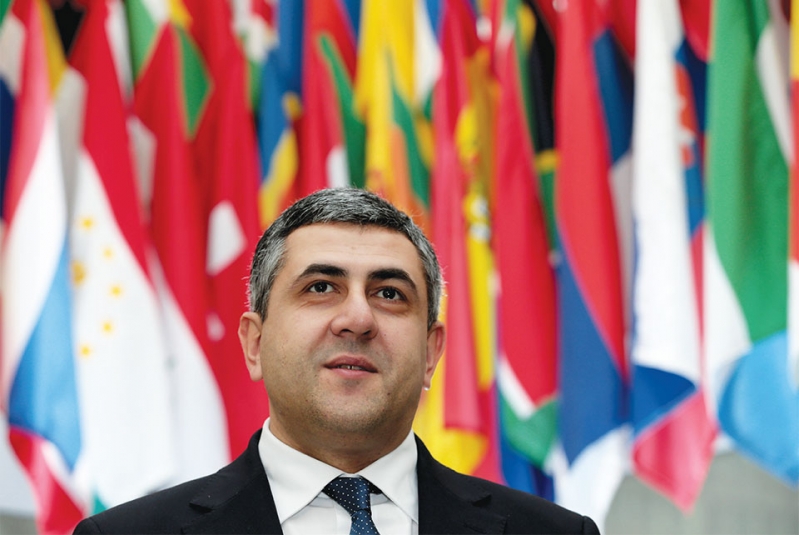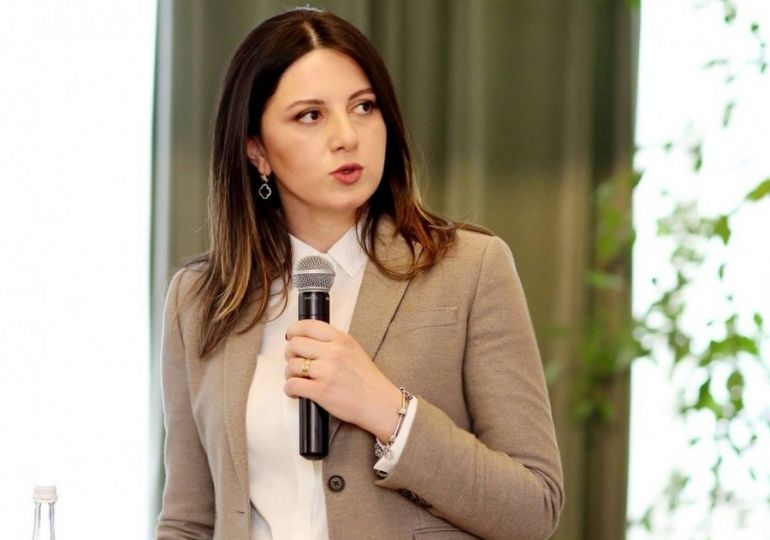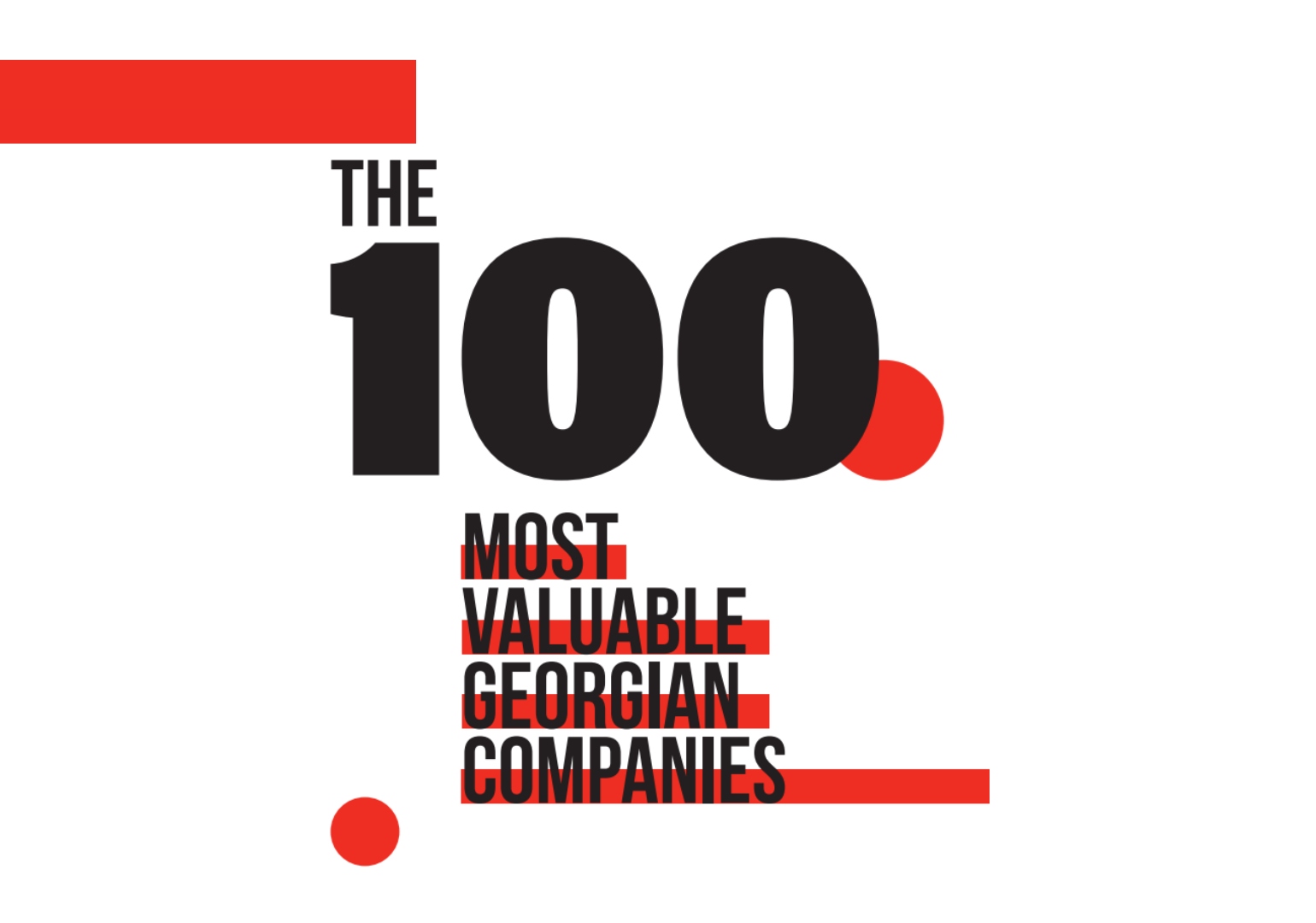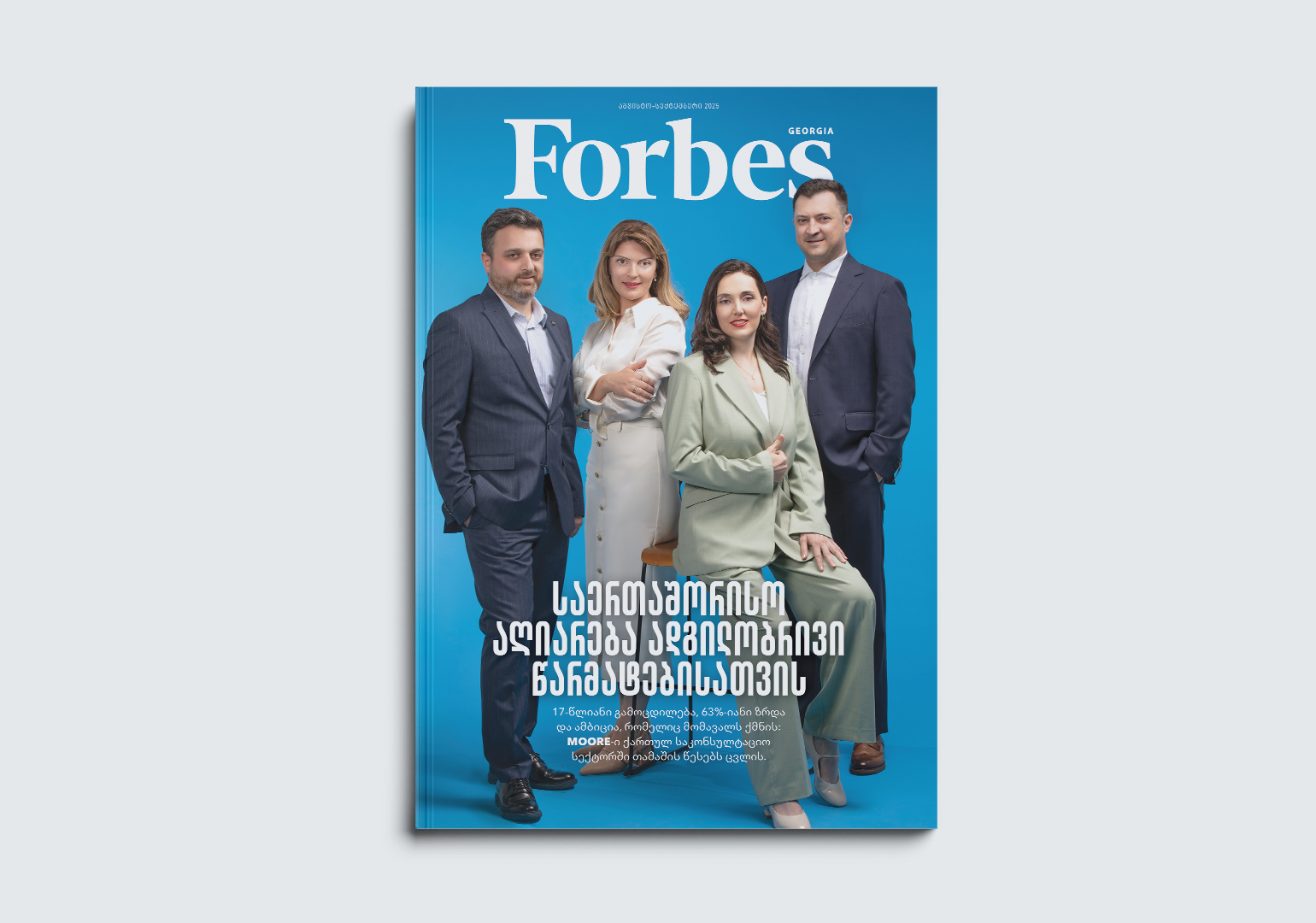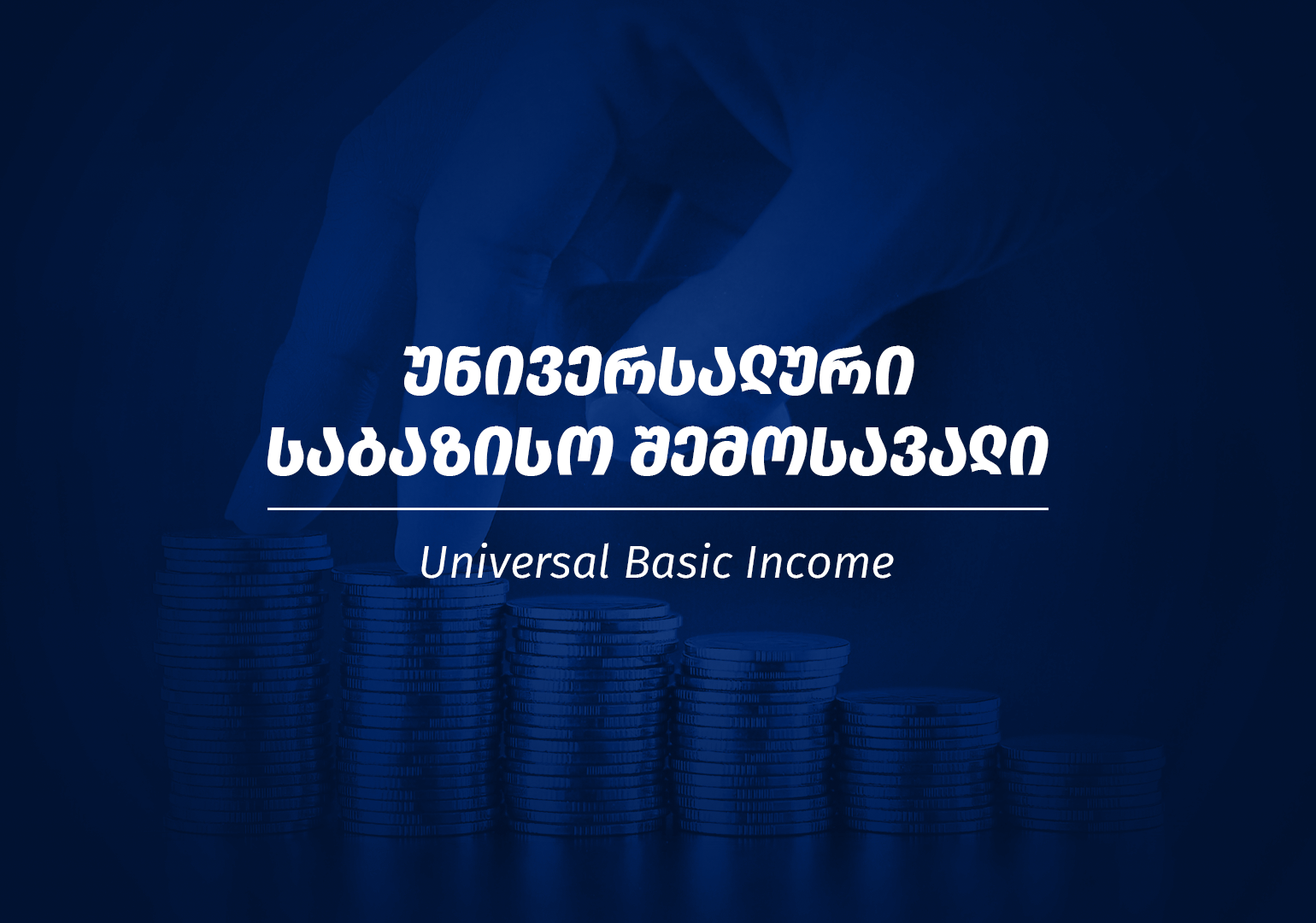Zurab Pololikashvili, the Secretary-General of the World Tourism Organization (UNWTO), sat down for an exclusive interview with Forbes Georgia.
International tourist arrivals grew by a remarkable 7% in 2017, to reach a total of 1.322 million, according to the latest UNWTO World Tourism Barometer. According to UNWTO projections, this strong momentum will carry on through 2018.
According to the UNWTO World Tourism Barometer, 2017 was the strongest year for tourism in the past seven years. Results for 2017 show that international tourist arrivals in Europe reached 671 million in 2017, a remarkable 8% increase following the comparatively weak year 2016.
Growth was driven by extraordinary results in Southern and Mediterranean Europe (+13%). Western Europe (+7%), Northern Europe and Central and Eastern Europe (each+5%) also recorded robust growth. Growth is expected to continue in 2018. Based on current trends, economic prospects and the outlook from the UNWTO Panel of Experts, the UNWTO predicts international tourist arrivals worldwide will grow at a rate of 4%-5% in 2018.
Zurab Pololikashvili, the Secretary-General of the World Tourism Organization (UNWTO), sat down for an exclusive interview with Forbes Georgia.
Mr. Pololikashvili, thank you for your time. Let’s start with priorities: what are your priorities for the UNWTO? What would you like to achieve?
We aim in the long run to achieve a sustainable, smarter and more competitive sector for development, inclusive growth and job creation.
Having surpassed 1 billion international tourists per year back in 2012, tourism must be clearly positioned as a policy priority by advocating for the inclusion of the sector as a priority in national, regional and international agendas and in building better policies. This goes hand-in-hand with establishing leadership in knowledge creation and policy design, meaning developing international standards, policy recommendations and guidelines, advancing research and exchanging good practices on tourism policies aiming to maximize the socioeconomic value of the sector. The UNWTO must keep working towards improving the value it offers to its members and the tourism sector as a whole, while expanding its membership. We need to increase resources and strengthen our capacity through partnerships.
During my mandate the UNWTO will advance five key priorities to reach the goals I mentioned: 1) Tourism innovation and digital transformation; 2) Fostering investments and entrepreneurship; 3) Generating more and better jobs through education and employment; 4) Building resilience and facilitating travel; 5) Protecting our heritage through social, cultural and environmental sustainability.
According to the UNWTO project “Tourism Towards 2030,” it is estimated that there will be 1.8 billion international arrivals by 2030. A brief SWOT analysis from you would be very interesting for our readers.
The sustained growth of tourism in recent decades brings immense opportunities for socio-economic welfare, poverty alleviation and the overall advancement of the 17 Goals of the 2030 Sustainable Development Agenda. 2017 was the eighth consecutive year of sustained growth following the 2009 global economic and financial crisis. Last year, international tourist arrivals grew by 7% and totaled 1.3 billion visitors crossing international borders. The UNWTO forecasts international tourist arrivals will reach 1.4 billion by 2020, and 1.8 billion by 2030.
A brief SWOT analysis to outline the global travel and tourism sector in a general way from my perspective is as follows. In terms of industry Strengths: increased competition in the aviation and hospitality markets, the rapid development of new business models and the appearance of new companies offering new innovative services to customers.
In terms on Weaknesses: despite raised awareness of the importance of the tourism sector worldwide, the sector still isn’t well recognized. Apart from that, visitors are not able to explore some new destinations due to restrictive and complicated visa procedures. Private sector stakeholders still need more and better incentive policies from the public sector.
As for Opportunities: destinations across the globe will have the chance to receive more tourists by offering diverse and authentic products focused on unique visitor experiences. People, lifestyle and gastronomy will be the main factors making destinations more attractive and valued on the global map. Although Europe will remain in the leading position, Asia and the Pacific will gain most of the new arrivals by 2030.
With regard to Threats: a continuing lack of coordination in the development of sustainable tourism and a lack of integrated policies in some parts of our globe measuring the economic, social and environmental impact of tourism may lead us to serious challenges.
Georgia’s tourism potential: positives and negatives
Georgia has immense potential for tourism development. The rich tangible and intangible heritage, the warmth of people and the local lifestyle make Georgia a beloved tourism destination among new and potential visitors. The successful economic reforms undertaken over the past years could be considered a significant factor stimulating inbound and domestic tourism in Georgia. The country needs to increase connectivity and better address service quality.
How do Georgia’s touristic aspirations fit into the global picture, as seen from a UNWTO perspective?
Georgia is seen as one of the fastest and most dynamically growing inbound tourism destinations. According to our latest World Tourism Barometer, international tourist arrivals in Georgia grew by 28% in 2017, which is one of the best results in Central and Eastern Europe. The Georgian National Tourism Administration, along with the private sector, actively participates in different international events under the aegis of the UNWTO and is playing an important role in the implementation of our General Programme of Work.
What exactly is your role as the Secretary-General of the UNWTO, and how does it relate to Georgia?
The UNWTO promotes tourism as a driver of economic growth, inclusive development and environmental sustainability, and offers leadership and support to the sector to advance knowledge and tourism policies worldwide.
My job as Secretary-General of the UNWTO is to ensure that our 158 member states and more than 500 affiliates-in the private, academic and public sector, and at the regional or local level-receive appropriate services and guidelines aiming to ensure sustainable and competitive tourism growth.
Georgia, as a member of the organization since 1993, can benefit more from the UNWTO´s services and activities and use it as a global platform for networking with key decision makers from public and private tourism sectors.
Between 2009 and 2010, you were the Minister of Economic Development of Georgia. Besides the overall responsibility of overseeing the country’s long-term fiscal growth strategies, you were directly responsible for the development of tourism in Georgia-how do these two areas relate to each other in Georgia’s case, as well as globally?
An interesting question. Tourism as a sector of the economy should be considered within the context of the country´s long-term economic trade and economic policy. As Minister of Economic Development of Georgia, I was responsible for tourism policy in the country; ensuring coordination mechanisms between governmental and regional authorities; implementing incentive policies to encourage investors and travel companies to build strong public and private partnerships; and positioning Georgia as an attractive tourism destination on the international market.
Can tourism lead sustainable development?
Tourism can be a leader in sustainable development only if integrated policies related to economic, social and environmental aspects are effectively managed and coordinated by responsible stakeholders. Tourism is explicitly featured as a target in three of 17 Sustainable Development Goals (SDGs), specifically Goal 8: “Promote sustained, inclusive and sustainable economic growth, full and productive employment and decent work for all”; Goal 12: “Ensure sustainable consumption and production patterns”; and Goal 14: “Conserve and sustainably use the oceans, seas and marine resources for sustainable development.” Tourism is like almost no other economic activity, crosscutting nature and forging links with other sectors, hence it’s potential to contribute to all 17 SDGs. It is therefore no coincidence that in 2015, the UN General Assembly declared 2017 the International Year of Sustainable Tourism for Development to raise awareness for the contribution of sustainable tourism to development and to mobilize all stakeholders to work together to make tourism a catalyst for positive change.
There are challenges. How should the sector adapt to the challenges of safety and security, which result in constant market changes? And would you identify safety and security as the number one challenges to be dealt with currently?
Safety and security are an essential part of the global agenda, and consequently important for tourism. In spite of certain challenges, 2017 was characterized by sustained growth for many destinations, thanks to the quick recovery of markets which suffered declines mainly from terrorist attacks, such as Turkey, Egypt, Tunisia, France and Belgium. Aside from that, enhanced connectivity, improved visa facilitation and a global economic upswing played a decisive role in the excellent performance of the tourism sector last year.
One of key priorities of the UNWTO in the coming years is ensuring safe, secure and seamless travel by enhancing members’ resilience through crisis preparedness and communication.
What could be done to ensure that tourism growth is translated into more investment, more jobs and better livelihoods in Georgia and elsewhere?
The UNWTO has a strong position in this regard. In coming years, the UNWTO will focus on developing conditions for entrepreneurship and investment in tourism, including producing knowledge about accessing financing and investment. Investments need to be well-targeted, given governments’ budgetary constraints and the high competition for foreign direct investments. We will support member states in attracting investments through the promotion of specific tourism lines with existing funding institutions.
Would you agree that “there is no over-tourism, only under – management?”
I fully agree, if there is an integrated policy of sustainable tourism coordinated between the public and private sectors.
How would you assess the fact that Georgia is focusing more on its traditional source markets rather than targeting new ones? Which new markets could be important for Georgia? Since this edition will be circulating in Kazakhstan as well-could these two countries mutually benefit from each other’s tourism potential?
Both Kazakhstan and Georgia can benefit from each other´s tourism potential by creating favorable conditions for each other’s nationals and exploring their demands and needs. I know the government of Georgia is investing a lot in promoting the country in various source markets. In order to increase a qualitative approach and international tourism expenditures, I strongly advise Georgia to run active promotional campaigns in high-yield markets in Northern and Western Europe, North-East Asia and North America.
Since we mentioned Kazakhstan, you paid visit to Kazakhstan in March, where you discussed the opportunity of holding a meeting of tourism ministers from the Silk Road countries under the aegis of the UNWTO. Have you already planned any details of this meeting, and will Georgia be part of it, as well? What do you aim to achieve through this meeting? Why choose Kazakhstan as a venue?
It was my first official visit to Kazakhstan as Secretary-General of the UNWTO. I had a fruitful meeting with the prime minister and other officials to discuss bilateral cooperation and methods of future cooperation. Among different issues, we discussed how to further strengthen Kazakhstan’s participation in our Silk Road activities. We will welcome all the initiatives of the government in the field of the Silk Road and other areas. In past years the UNWTO, in cooperation with Kazakhstan, implemented important Silk Road related projects.
One more point: Kazakhstan’s Astana is fully a planned city – how should countries market such new cities for tourism?
I have been to Astana several times. This time Astana was seemed completely different tome, with massive developments, and I wish to praise the government of Kazakhstan for all their efforts. Today Astana is definitely a good example of development. Supportive policies, decent infrastructure, a well-connected private sector, ease of access, improvement in both visa procedures and connectivity and active promotion of the destination are the keys to effectively positioning new cities. What should be the state’s part in promoting tourism?
What should be the role of the private sector? How should we ensure that the state does not become a direct competitor with the private sector?
The government has to create adequate and supportive policy and a regulatory framework for the development of tourism, which is essential to ensuring the success of private sector tourism and hospitality businesses.
There are different forms of direct and indirect government investment in promotion, and these forms are constantly changing. We are witnessing a rapid shift in business models and consumer behaviors, which is generating new platforms for tourism services. During this technological revolution and digitalization both the public and private sector should share their investments in destination promotion. If we look at last year’s T&T Competitiveness Index, we will see that Georgia ranks 70 out of 136 countries.
If we look in more detail, we see that not only is infrastructure a problem, but also a lack of a consistent approach or the strategy to raise the sector’s competitiveness. a) Are such indexes important and b) what type of vision should be in place to ensure more competitiveness?
The T&T Competitiveness Index is a good tool to see how a country advances its progress, or the contrary. To make a destination more competitive based on quality, it is of the utmost importance to, on the one hand, stimulate and incentivize the private sector, and on the other hand, invest in developing strong education systems for the tourism and hospitality industries. This approach will improve skills, education and specialized training programmes and ensure a highly qualified labor market.
I would strongly advise the government of Georgia to continue attracting leading tourism and hospitality schools and institutes to enter the Georgian market.
I wish to congratulate the Georgian tourism sector on the recent opening of the Les Roches International School of Hotel Management in Tbilisi.
In your speech, delivered in Berlin this March, you stressed that you are looking for “a more competitive and responsible tourism sector.” What did you mean precisely?
I presented to the 108th session of the UNWTO Executive Council a new management vision and the priorities of the UNWTO, entitled “Towards 2030: Making tourism smarter, more competitive and more responsible.” As we move towards the universal 17 Sustainable Development Goals, a strong focus will be made on building partnerships within the public and private sectors, fostering job creation and advancing technology and innovation, as well as addressing sustainability and fighting against climate change.
